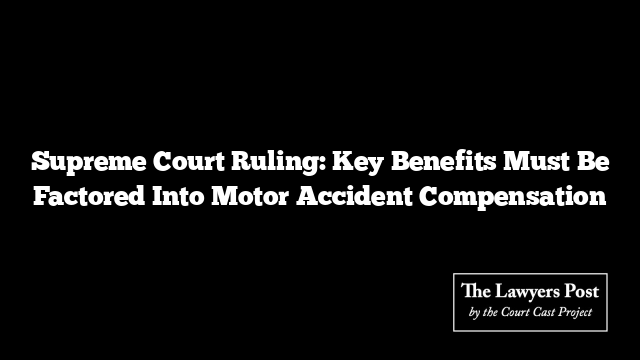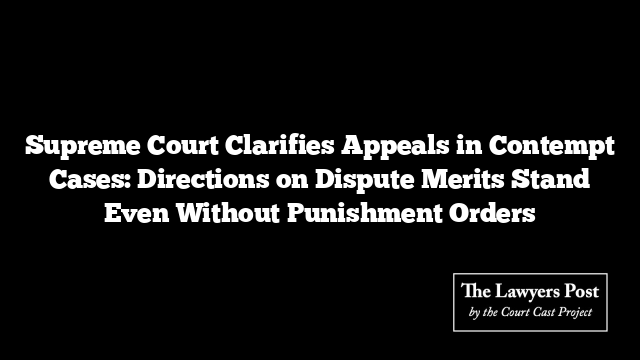In a recent landmark decision, the Supreme Court of India has clarified that compensation for motor accident claims should encompass all components of an individual’s salary, including house rent allowance (HRA), provident fund (PF) contributions, and flexible benefit plans. The Court ruled that these elements are crucial when calculating the loss of dependency to ensure fair compensation.
The Court criticized the High Court’s earlier decision for excluding these benefits from the deceased’s salary, which led to a reduced compensation amount. By reinstating the inclusion of HRA, flexible benefits, and PF contributions, the Supreme Court aligned with the approach taken by the Accident Claims Tribunal. The Tribunal had correctly included these benefits before applying a future income rise factor.
The Supreme Court’s ruling overturns the High Court’s order and reinforces the principle established in previous cases, such as National Insurance Company Ltd. v. Nalini and Raghuvir Singh Matolya v. Hari Singh Malviya. The Court emphasized that all components of salary, irrespective of their taxability, should be considered to arrive at a fair dependency factor.
Following the recalibration, the compensation amount awarded to the appellant was adjusted to ₹93,66,272 from the earlier sum of ₹1,04,01,000. This decision highlights the Court’s commitment to ensuring that all relevant financial benefits are accounted for in compensation calculations.





